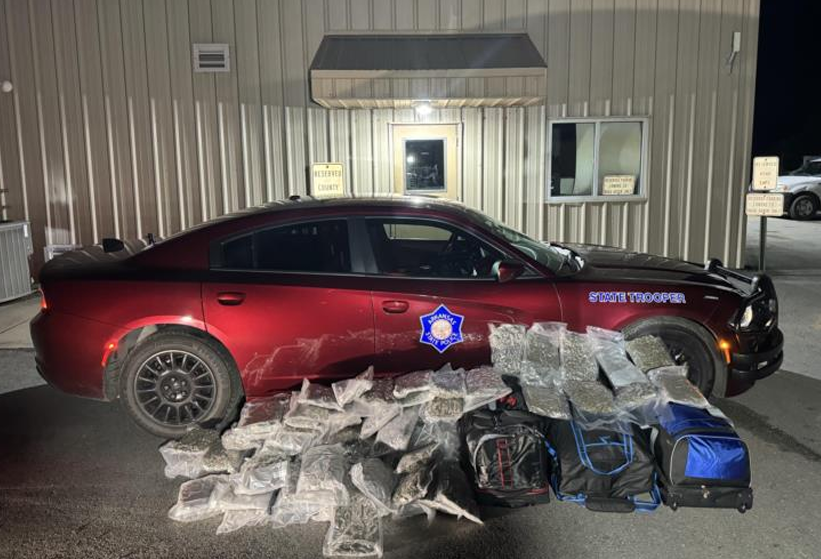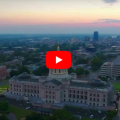
KLRT News in Little Rock recently reported how Arkansas State Police patrol a “drug pipeline” on Interstate 40.
The article notes Arkansas State Police seized more than 11,000 pounds of illegal drugs last year. Law enforcement say that illegal opioids, meth, and cocaine come from Mexico, but illicit marijuana actually comes from neighboring states:
“Oklahoma has legalized marijuana. They have opened the floodgates in the marijuana trade,” [Arkansas State Police Lt. Dennis] Overton said. “They have over 8,000 registered grows in Oklahoma alone. That’s a lot of marijuana so the only way to move that much product is on the black market.”
Family Council has written before about how authorities in Oklahoma describe illicit marijuana as a problem that “plagues” their state.
All of this underscores how time and again we have seen marijuana legalization fuel drug cartels and the black market instead of weakening them.
Oregon has been flooded by illegal marijuana operations controlled by organized crime and drug cartels. Some of these marijuana operations are tied to labor trafficking and violent crime.
Despite California’s decision to legalize marijuana, the state’s Unified Cannabis Enforcement Taskforce seized nearly 32,000 pounds of illegal marijuana in the first three months of 2024.
Right now the group Arkansans for Patient Access is actively working to drastically expand marijuana in Arkansas.
If passed, the amendment would give free marijuana cards to immigrants and out-of-state residents who come to Arkansas to use marijuana.
The amendment would guarantee marijuana growers and sellers a monopoly over the state’s marijuana industry.
Marijuana users would no longer need to show they suffer from a specific medical condition listed in state law — making it easier to use marijuana recreationally.
The measure also fails to limit the amount of THC that marijuana products can contain, and it repeals restrictions on marijuana advertising.
All of this would lead to more marijuana in the state.
Articles appearing on this website are written with the aid of Family Council’s researchers and writers.




